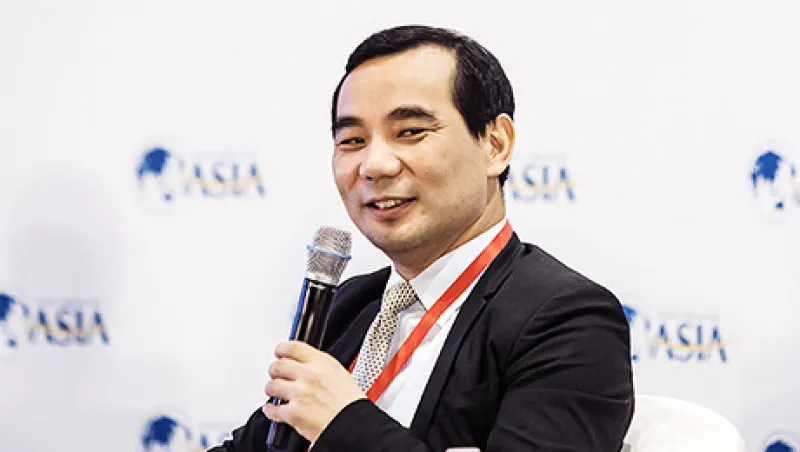
Anbang Chairman Wu’s Detention Shows That Xi Jinping Means Business
With the news that the insurance giant’s chairman, Wu Xiaohui, has “stepped aside” following his alleged detention by Chinese authorities, Xi Jinping’s government is once again throwing its weight around ahead of Communist Party elections in the fall.
Allen T Cheng
June 16, 2017


